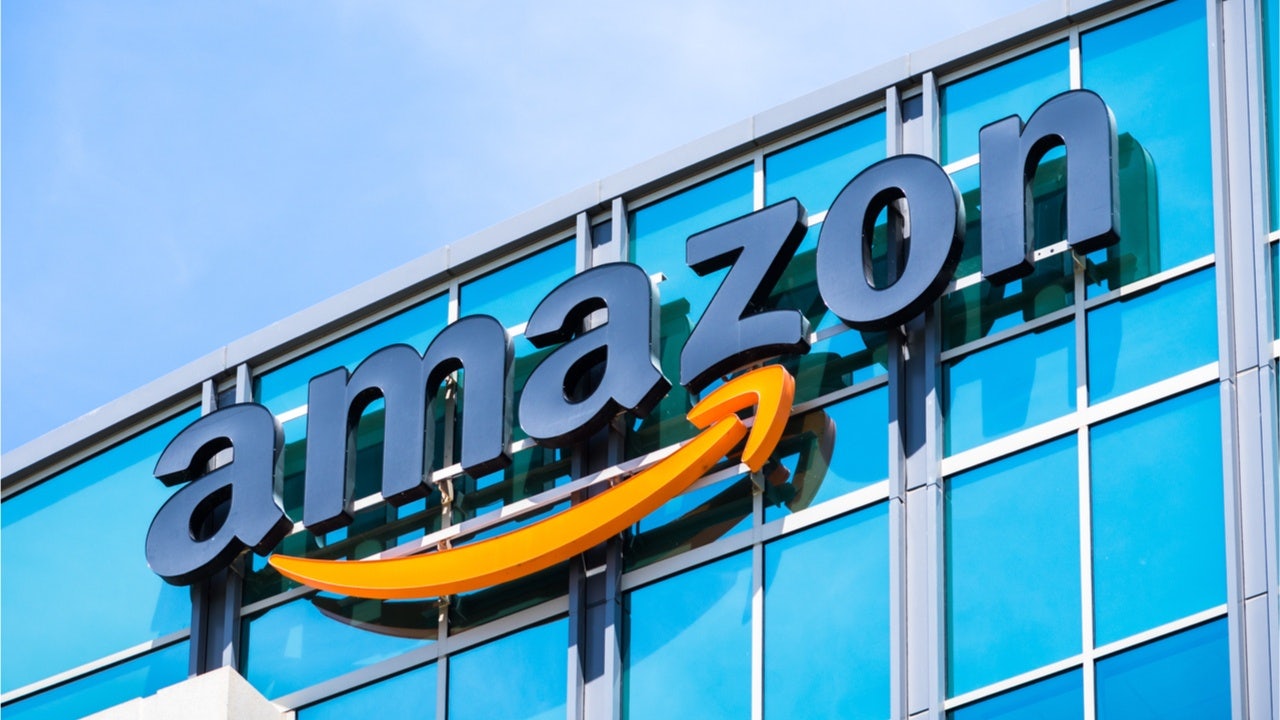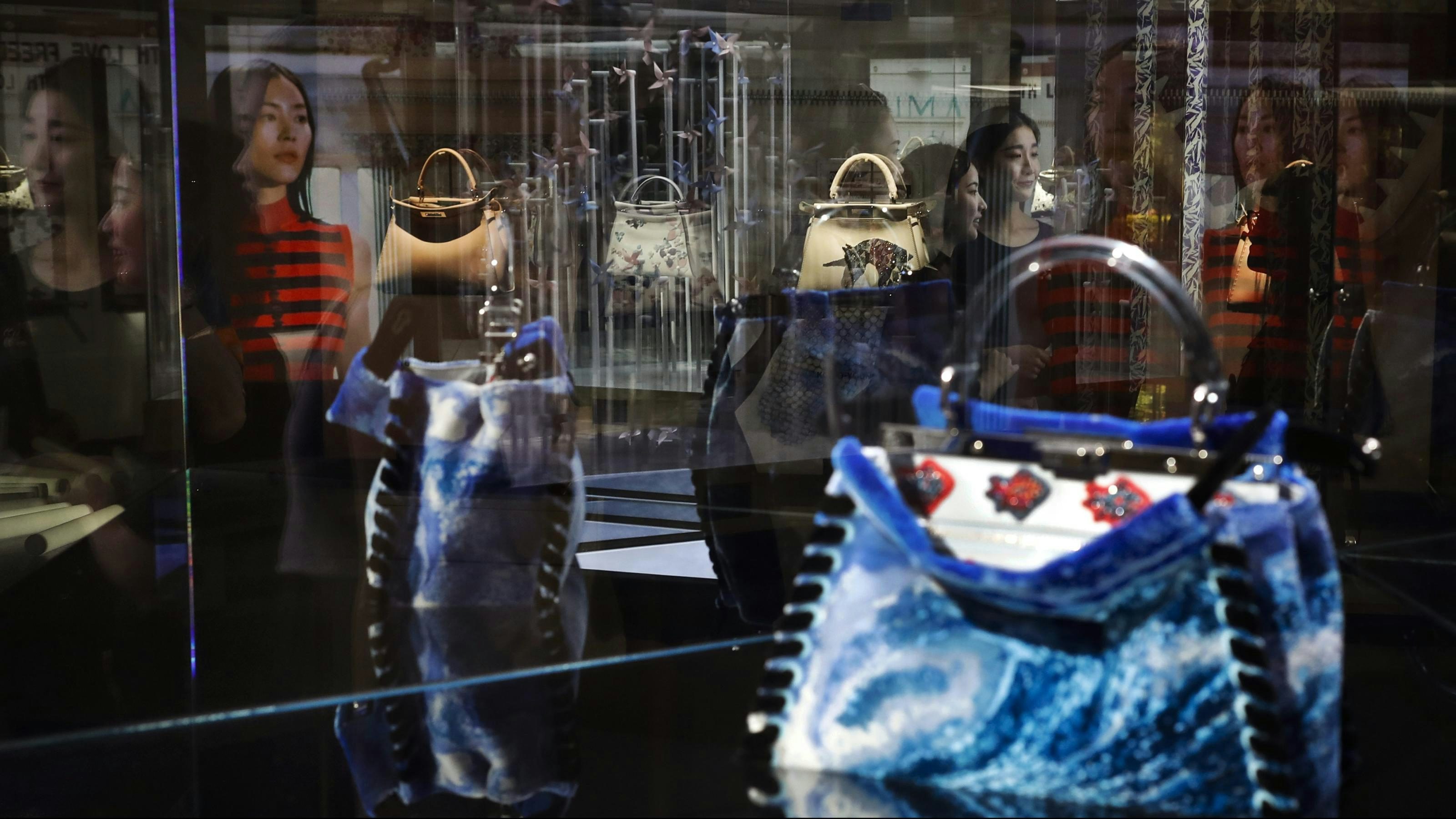What happened
Amazon plans to launch a new global luxury platform via a concession model, which is like a physical department store, where brands operate somewhat independently within the overall structure, controlling how they market and sell their products. Amazon wants to start testing the waters in the US market in early 2020, an unnamed source told WWD this past Wednesday.
The e-commerce giant is already working on a 100 million marketing campaign in chorus with building a warehouse in Arizona, the trade publication wrote. An Amazon spokeswoman, however, told Jing Daily that it can not comment on “rumors or speculation.” Nevertheless, the industry is not surprised by Amazon’s move. The online retail platform has been scheming about how to tap into the luxury market since 2012, said Julie Gilhart, the chief development officer at Tomorrow London, an independent recruiter for the creative industries, to WWD.
Background#
:
Alibaba and JD.com, Amazon’s counterparts in China, both launched their own luxury e-commerce verticals in late 2017. They both stressed the need to connect the online-to-offline (O2O) experience for China’s digital-savvy shoppers, as Jing Daily previously reported.
In China, it makes sense for Western luxury brands to work with these e-commerce sites. By doing so, they can tap into the vast number of lower-tier cities that have an ever-growing consumer base. It also provides them valuable data, which can be used on where to open new brick and mortar shops, as well as help them control sales volatility caused by resellers.
And, at the very least, it allows Western luxury brands the opportunity to participate in China’s largest national shopping spree, Singles' Day. In 2019, 295 luxury brands participated through Tmall’s Luxury Pavilion, with more than 40 percent releasing new products for the event. Some items, including scarves from Burberry and watches from Breitling, were sold out within hours. Given this, it’s no wonder brands are coming to these platforms in droves. Just today, Cartier reportedly signed up for Tmall’s Luxury Pavilion and will start selling on it next month.
Analysis#
:
To date, Amazon has been synonymous with cheap goods and, at times, questionable business practices (Allbirds, the direct-to-consumer shoe brand, recently called out Amazon for copying its wool sneakers). Can a 100 million dollar marketing campaign bridge the gap between cheap goods and luxury?
Customers walk into luxury department stores for an exclusive experience, which is why Alibaba’s Tmall made it clear that only those who either have spent a certain amount of money or those who have a history of luxury-buying on their apps can shop there. This reminds us of Hermès’ secret buying rules in China, which asks customers to spend around 10,000 to buy Hermès accessories before they are eligible to purchase any renowned models. The company denies it, but it works; it makes the ones who have access to it feel special.
Amazon cheerleaders can argue that luxury brands should take advantage of the online retail giant’s unbeatable delivery service, but brands themselves already have their distribution network in place.
For Amazon, it makes more sense just to acquire or invest in a company as its luxury vertical. It would save them the efforts to revamp the company’s ‘everyday’ brand image — the last thing luxury brands want to be associated. Richemont, for example, only first paid £50 million (65 million) for Net-a-Porter’s majority stake anyway — two thirds of Amazon’s alleged marketing campaign. It would also help the company standardize the new venture’s global brand image, because most Chinese still think of it as a bookseller.
Tmall’s Luxury Pavilion success in China is based partly on the fact that China is massive, and it offers all of the lower-tier cities access to the global luxury market via e-commerce. In the West, however, most luxury brands already have a good deal of stores and websites that consumers use. How will Amazon’s new platform change this or make a difference?

